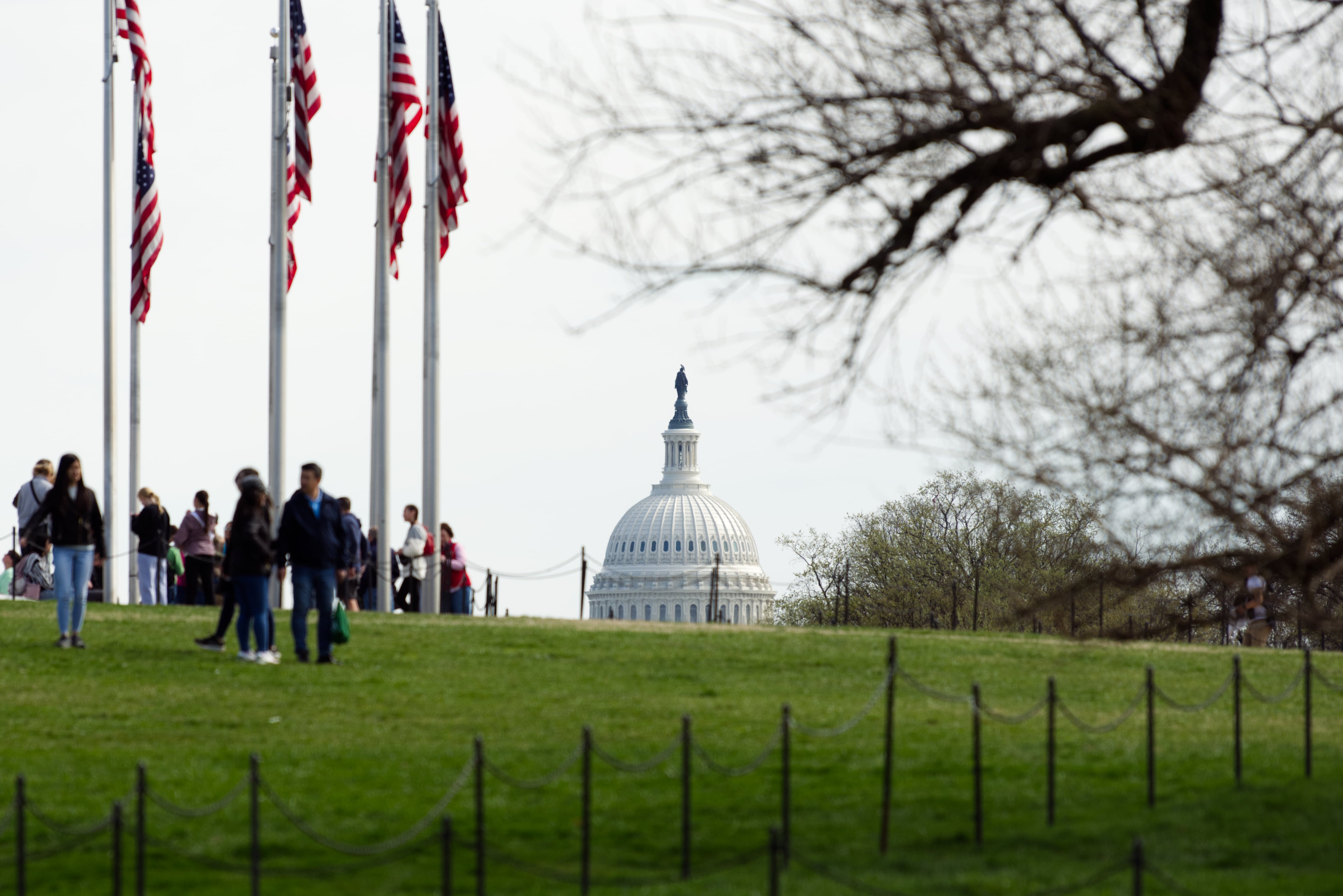One would think that the National Defense Authorization Act (NDAA) would apply only to military service members and DoD civilians, but with respect to the 2017 NDAA, one would be incorrect.
Buried deep in the act – currently heading to the president's desk – are three provisions that will have serious implications for federal employees who find themselves on the wrong end of a misconduct charge or other investigation.
First, as some news outlets have reported, the act limits the amount of time an employee can spend on paid administrative leave. Often, when an employee is being investigated for misconduct or issued a proposed adverse action notice, the agency will place the employee in a paid admin leave status while the decision is being made whether to take action. Usually this takes place within a 30-day period, per 5 U.S.C. Chapter 75 – but sometimes employees can spend more time on admin leave, through no fault of their own, because agency investigations are simply taking longer or because the agency cannot decide on a course of action.
NDAA Section 1138 reflects congressional disapproval of this practice by limiting the amount of time any federal civilian can spend on admin leave to 10 days per year, but it then undercuts this goal by leaving an exemption for employees under investigation or on notice of a proposed adverse action.
Two other provisions are significantly more problematic. Currently, if an employee resigns or retires before an investigation is complete or misconduct charges are sustained, their Official Personnel File (OPF) will contain only the SF-50 documenting their departure, which sometimes includes codes indicating that they left after receiving a proposal to remove, but sometimes merely indicates a voluntary departure. This is in accordance with the Office of Personnel Management's policy that an OPF should only contain documents which:
- class="MsoNormal">Show your federal appointment was valid (Examples: The Appointment Affidavit; the Declaration for Federal Employment).
- class="MsoNormal">Verify your military service credit for leave, reduction-in-force, or retirement (Examples: The DD 214, Certificate of Release or Discharge from Active Duty; the Military Service Deposit Election).
- class="MsoNormal">Establish your employment history – your grades, occupations and pay (Example: The Standard Form 50, Notification of Personnel Action).
- class="MsoNormal">Record your choices under federal benefits programs (Examples: The Health Benefits Registration Form; the Designation of Beneficiary under the Federal Employees' Group Life Insurance Program).
The point of due process is that a
proposed
action is not a
sustained
action; the agency has the burden of showing that the employee actually engaged in the alleged misconduct after the employee has had the chance to see the evidence against them and respond to it. This is the minimal due process that a civil service employee is entitled to before an agency takes any adverse action.
NDAA Section 1140 would totally upend the requirements of due process and require that the results of any misconduct investigation be placed in a separated employee’s OPF – even though the investigation might be flawed, incomplete or retaliatory. The employee’s response would also be included in the OPF. This is a total subversion of due process as well as a violation of privacy.
In my experience, responding effectively to accusations of misconduct often involves disclosing – or discussing a previously disclosed – medical or psychological condition. It is sometimes essential to disclose a problem with substance abuse and treatment as part of making the case for why an employee should not be terminated. Finally, where an employee believes that he or she is being targeted by a baseless accusation of misconduct in reprisal for a protected EEO activity or whistleblowing, it is critical to say so in responding to the proposed adverse action.
All of this personal information would now become part of an employee’s OPF in addition to the unproven allegations against them, if they leave voluntarily. In effect, this will remove any incentive to leave the government quietly when accused of misconduct. They might as well stay and fight in order to try to protect their medical privacy and the integrity of their OPF.
These problems are magnified by Section 1136 of the NDAA, which requires hiring officials to review a former federal employee’s OPF for "information relating to a prospective employee’s former government service … prior to making any determination with respect to the appointment or reinstatement of the employee." Sounds reasonable – except that pursuant to Section 1140 the OPF will now contain any
unproven
allegations against the employee as well as whatever information the employee disclosed to try to explain or defend against the accusations of misconduct. This provision will effectively prevent employees who have disabilities, or who have been forced out of a job due to reprisal from ever being rehired, no matter their qualifications for the job and the benefit to the government of them returning.
No doubt Congress’s goal was to try to ensure that poor performers and "bad apples" were not rehired, but the above legislation goes much too far by putting allegations into OPFs. We know that agencies sometimes engage in illegal reprisal against EEO complainants and whistleblowers – Exhibit A would be the Department of Veterans Affairs, which is infamous for its vendettas against employees who report fraud, waste and abuse.
An employee who is unjustly accused of misconduct as retaliation for lawful protected activity should not have the details of bogus and unproven allegations placed in their OPF to ruin their careers going forward, nor should hiring officials be required to read all about a returning fed’s medical conditions or EEO history before deciding who is the best qualified candidate to fill a vacancy.
Heather White is a partner at the Federal Practice Group.




